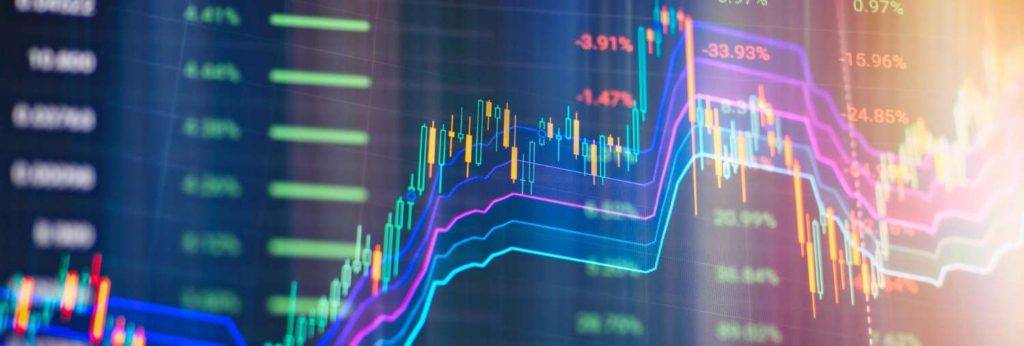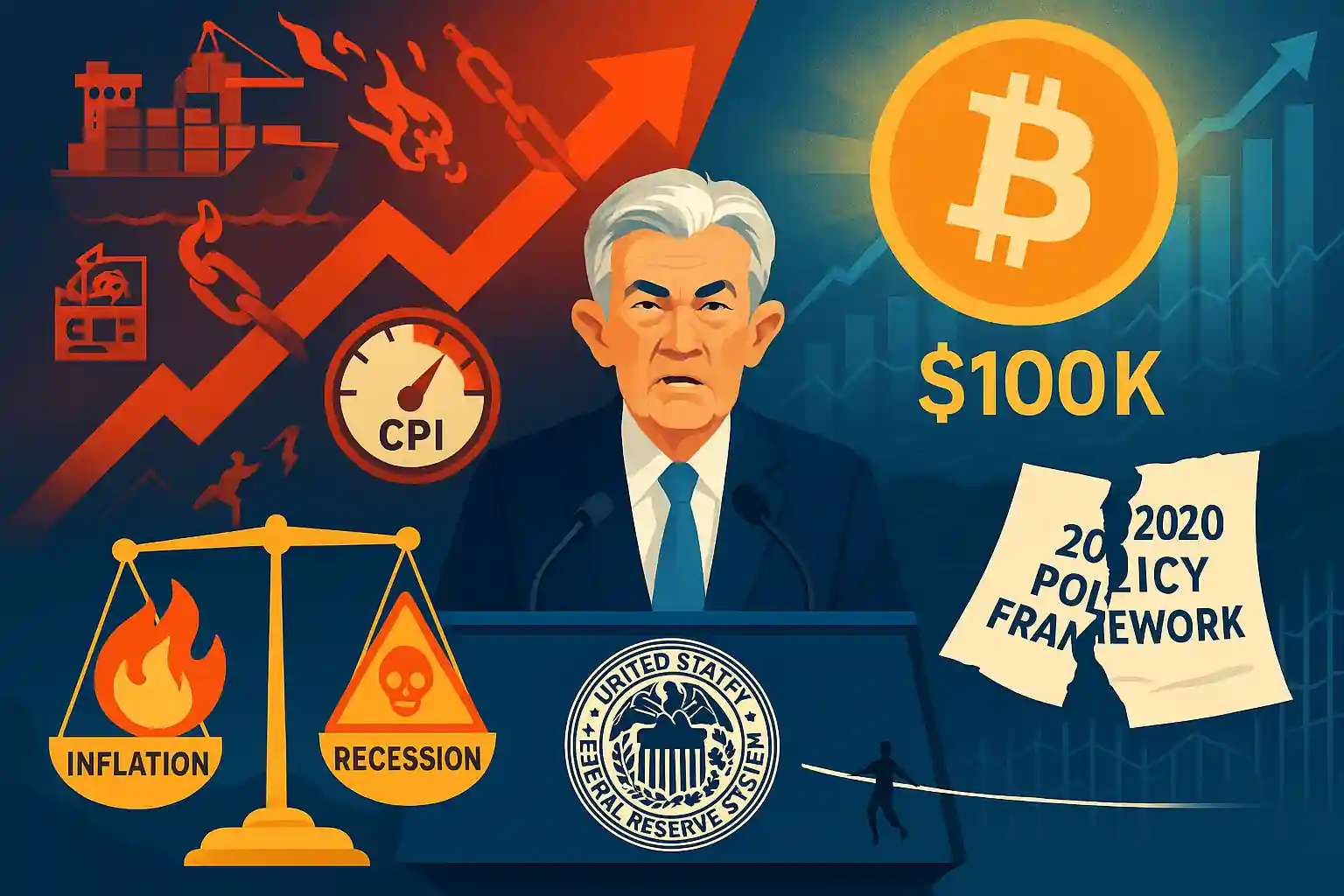Fed faces new inflation threat from supply shocks
Federal Reserve Chair Jerome Powell has issued a stark warning: inflation may remain high due to persistent global supply shocks. These shocks, triggered by trade tariffs and supply chain disruptions, are reshaping the economic landscape — and the Fed may be forced to respond with tighter monetary policy, even if growth slows.
Speaking at a policy research conference, Powell highlighted the limitations of the current Fed framework in dealing with this kind of inflation.
Fed may keep rates high despite slowdown
David Hernandez, a crypto investment specialist at 21Shares, noted that Powell’s comments suggest interest rates will stay elevated. “The Fed might need to keep tight money policies even if the economy slows down,” he said.
Typically, the Fed raises rates to curb demand-driven inflation. But today’s inflation is different — it stems from supply-side issues that rate hikes can’t easily fix.
Fed struggles with inflation beyond its control
Tariffs and supply bottlenecks are reducing the availability of goods, pushing prices higher. Powell explained that this creates a dilemma for the Fed, which must now balance price stability against the risk of rising unemployment.
In this environment, the Fed may have fewer options. Cutting rates to spur job growth could risk fueling inflation further, while maintaining high rates could deepen economic pain for households and businesses.
Fed reconsiders 2020 policy framework
Powell acknowledged that the Fed‘s current inflation and employment framework, revamped in 2020, may no longer fit today’s economic realities.
He said the central bank is reevaluating its language on “shortfalls” in employment and the policy of “average inflation targeting.” These adjustments could shape how the Fed responds to future supply shocks and labor market changes.
Fed’s stance boosts Bitcoin’s safe haven status
As the Fed signals prolonged high interest rates, Bitcoin has surged past $100,000. Hernandez said this reflects investor confidence in Bitcoin as a hedge against uncertain monetary policy.
“Bitcoin’s rise shows it’s gaining status as a serious investment and safe haven,” he noted. With institutions like Coinbase joining the S&P 500 and U.S. states allocating funds to crypto, Bitcoin’s role in financial markets is growing.
Fed walks tightrope in evolving economic climate
The Fed now faces one of its toughest tests. Powell warned of “more frequent and potentially more persistent supply shocks” — a structural shift that complicates monetary policymaking.
Without quick fixes, the Fed must adapt to a future where inflation isn’t always demand-driven. This may require a long-term commitment to high interest rates, even if economic output falters.
Fed’s next steps critical for global markets
With inflation dynamics changing, the Fed’s policy path will shape market expectations worldwide. Investors are closely watching whether the central bank can balance its dual mandate of stable prices and full employment in this new paradigm.
As Powell said, the Fed is working to ensure its policy remains “robust to a wide range of economic environments.” For now, that means cautious optimism — and a close eye on evolving global risks.




